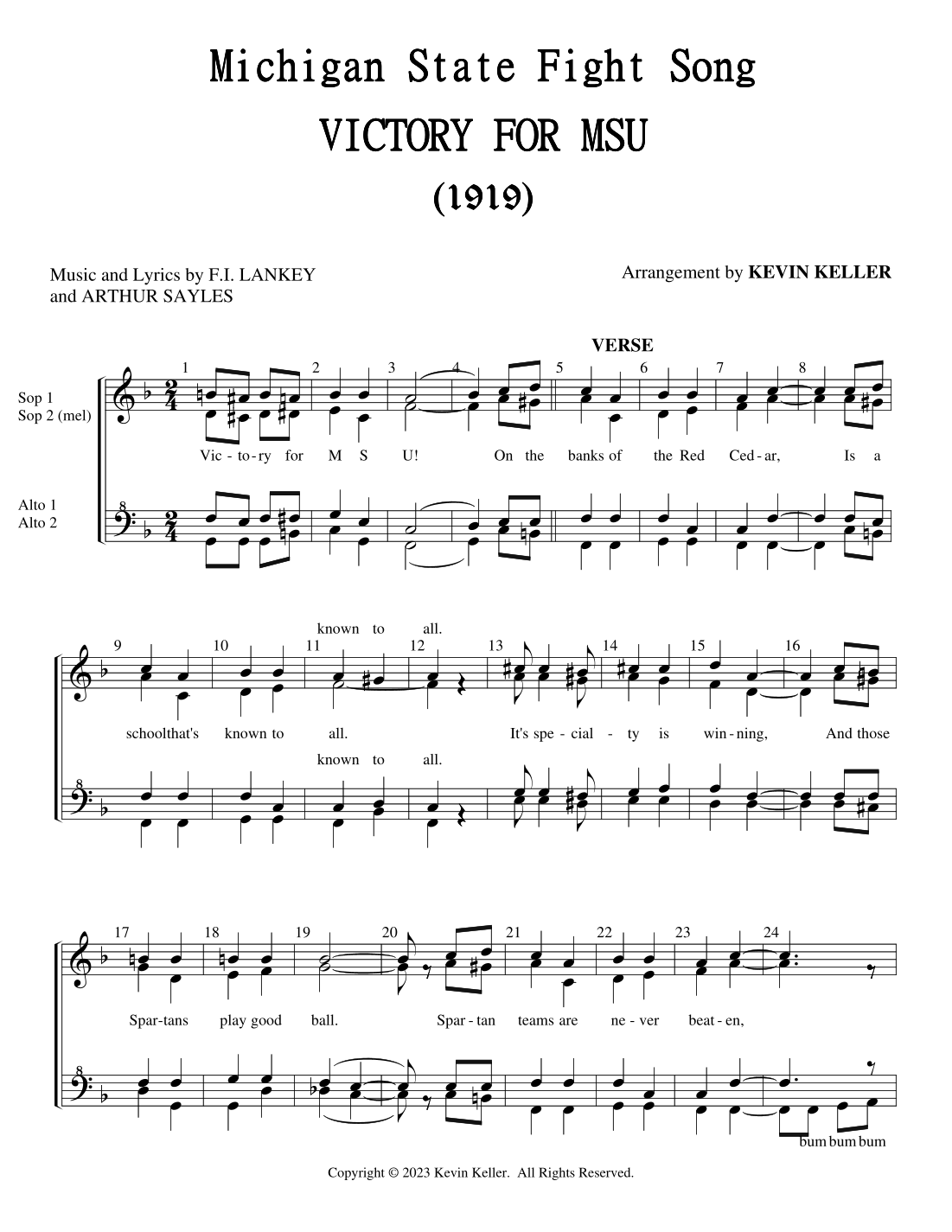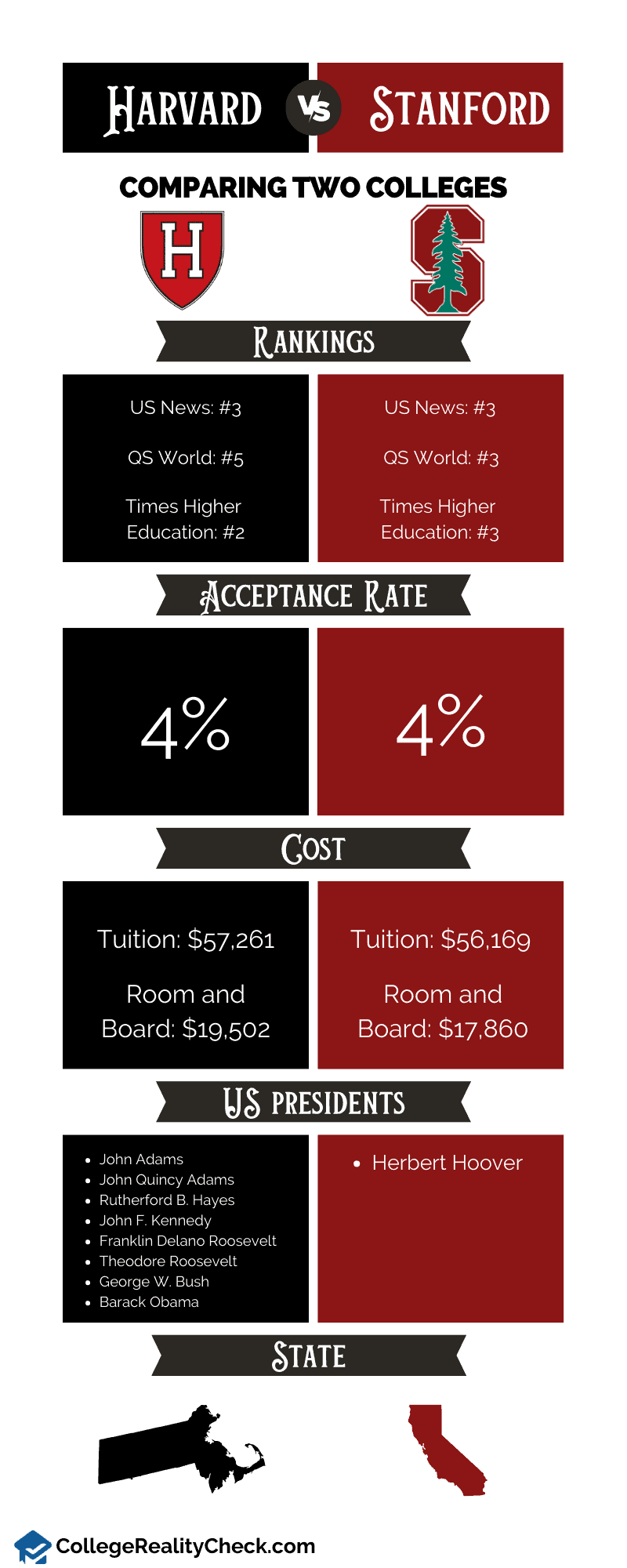Can a university truly stand its ground against the might of federal authority? Harvard University's recent defiance of the Trump administration's demands offers an unequivocal answer: yes, it can. In bold defiance, Harvard has emerged as a beacon for academic freedom and institutional independence, setting a precedent that resonates far beyond the confines of its ivy-covered walls. The university's unwavering commitment to principles of free speech and diversity underscores the critical role educational institutions play in safeguarding democratic values.
In a dramatic move, Harvard University declared its intention to resist directives from the Trump administration that sought to impose restrictions on its operations. This stance was met with immediate retaliation, as the federal government froze over $2.2 billion in grants and $60 million in contracts allocated to the institution. The decision sent shockwaves through both academia and political circles, raising questions about the extent to which government power should influence higher education. As students and faculty rallied on campus, their voices echoed a unified message: academic freedom must be preserved at all costs.
Harvard’s defiance is not merely an isolated incident but part of a larger narrative unfolding across American universities. Institutions such as Yale, Stanford, and MIT have expressed solidarity with Harvard, signaling a collective effort to uphold core values threatened by external pressures. These universities recognize that succumbing to political coercion would undermine the very essence of what they represent—open dialogue, intellectual diversity, and the pursuit of truth. By standing firm, Harvard has positioned itself as the vanguard in this battle for academic integrity.
The controversy centers around allegations of anti-Semitism and concerns regarding diversity, equity, and inclusion (DEI) initiatives within Harvard's admissions policies. Critics argue that these programs unfairly disadvantage certain groups, while supporters maintain that fostering a diverse student body enriches the educational experience for everyone. Amidst this contentious debate, Harvard has reiterated its commitment to maintaining fair and equitable practices, backed by extensive legal precedents and rigorous scrutiny.
April 14 marked a pivotal moment when the Trump administration announced the freeze on funding following Harvard's refusal to comply with its demands. For many, this action represented an alarming encroachment on institutional autonomy. Universities rely heavily on federal grants to fund groundbreaking research and support essential programs; cutting off these resources poses significant challenges. Yet, rather than capitulate, Harvard chose to prioritize principle over pragmatism, demonstrating remarkable resolve amidst adversity.
This clash between Harvard and the Trump administration also highlights broader issues concerning the limits of governmental power. While the executive branch possesses considerable authority, it cannot arbitrarily dictate how independent entities operate without just cause. Legal experts suggest that freezing funds constitutes punitive measures that may violate constitutional protections afforded to private institutions. Consequently, this confrontation could set important legal precedents impacting future interactions between universities and federal agencies.
Students and faculty members played a crucial role in amplifying Harvard's stance during this period. Protests organized on campus drew widespread attention, drawing parallels to historic movements where young people championed social justice causes. Their enthusiasm underscored the importance of protecting spaces where ideas can flourish freely, unencumbered by ideological constraints imposed from outside. Furthermore, alumni networks mobilized quickly to offer financial assistance if necessary, reinforcing community bonds forged over centuries.
Other colleges soon joined Harvard in opposing the administration's demands, recognizing shared interests and mutual benefits derived from collaboration. Together, these institutions form a formidable coalition capable of challenging even the most powerful adversaries. Through coordinated efforts, they aim to preserve cherished traditions while adapting to evolving societal needs—a delicate balancing act requiring wisdom, courage, and perseverance.
For students currently preparing for spring semester finals, this episode serves as a poignant reminder of the responsibilities accompanying privilege. Education extends beyond textbooks and lectures; it involves engaging critically with real-world problems and contributing meaningfully toward solutions. Those fortunate enough to attend prestigious institutions like Harvard bear a unique obligation to advocate for ideals underpinning modern democracies.
Ultimately, the standoff between Harvard and the Trump administration exemplifies timeless tensions inherent in any society striving for progress. Balancing individual rights against collective welfare remains one of humanity's greatest challenges. In navigating this complex landscape, universities occupy a special place—as incubators of innovation, sanctuaries for dissent, and custodians of knowledge passed down through generations. By choosing to fight back, Harvard reaffirms its dedication to upholding these sacred trusts, inspiring countless others along the way.
As history unfolds, the outcome of this dispute will undoubtedly shape perceptions of power dynamics within higher education. Regardless of whether Harvard prevails entirely or compromises partially, its actions serve as a testament to resilience and conviction. Future generations will look back upon this era and draw lessons applicable to their own struggles, perpetuating cycles of learning and growth integral to human advancement.
In conclusion, the story of Harvard versus Trump transcends mere headlines—it represents a fundamental struggle for identity, purpose, and legacy. Each side brings compelling arguments to the table, yet only time will reveal which vision prevails. Until then, we remain spectators to a drama unfolding before our eyes, witnessing firsthand the enduring strength of institutions committed to truth above all else.



